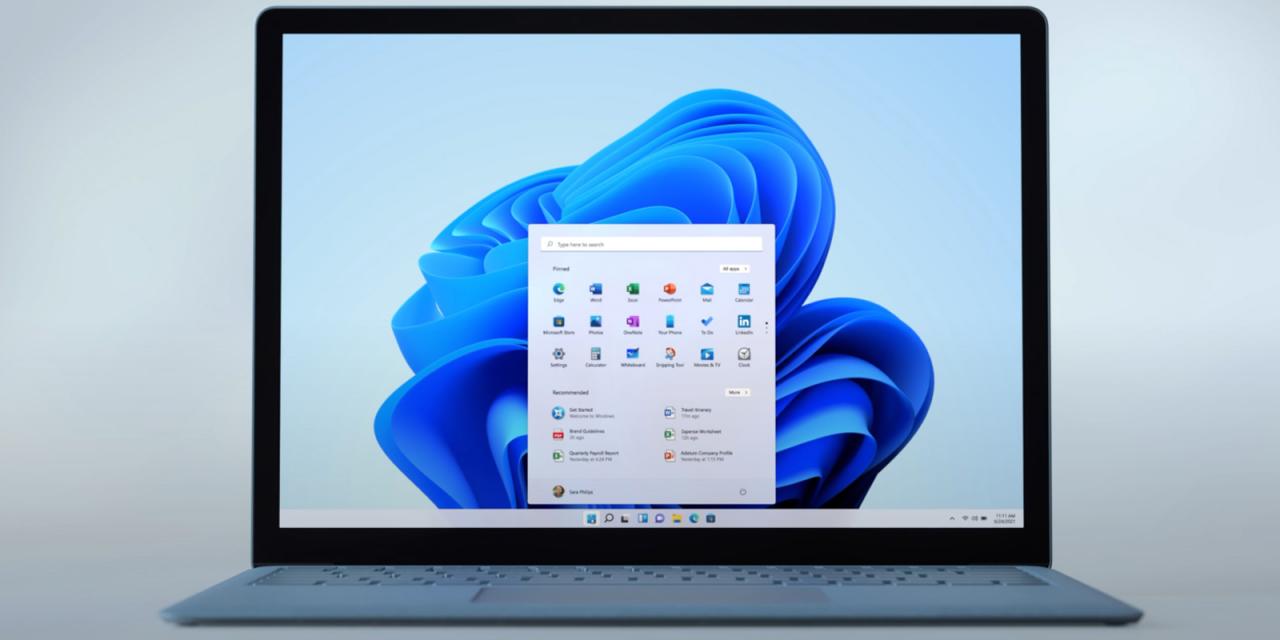
Microsoft is removing the demand for a Trusted Platform Module 2.0 support in Windows 11 PCs, allowing hundreds of millions of older Windows 10 PCs to potentially upgrade to the new operating system. The only caveat is, it will only be possible through the standalone ISO. The automated upgrade tool will still require that TPM support, limiting those older systems to manual upgrades.
The original minimal specifications for Windows 11 demanded a 1GHz or faster 64-bit CPU, 4GB of RAM, and 64GB of storage. But it also mandated Trusted Platform Module 2.0 support, which meant Intel 8th generation CPUs or later, or AMD Zen+ Ryzen 2000 CPUs, or later. That put a wall between the vast majority of existing Windows 10 PCs and the upgrade.
After some backlash to that news, Microsoft has now agreed to relax its specifications to simply a 1GHz 64-bit CPU, 4GB of RAM, and 64GB of storage. No TPM 2.0 required. The big difference between that and systems that do have TPM 2.0, though, is that the older machines won't be able to use the automatic upgrade tool. Where newer PCs will have the ability to easily upgrade with Windows update, anyone with an older PC who wants that Windows 11 experience, will have to download the ISO and then install it manually.
There will be many enthusiasts who want to go that route with Windows 11 anyhow, taking the opportunity with an operating system upgrade to start fresh, but it won't be an option for those running older PCs.
One other wrinkle to this announcement, is that Microsoft may not offer security updates for those upgrading to Windows 11 with older systems. That seems unlikely, however, as it would severely impact the image of Windows 11, if it proved an unsecure OS after upgrade, making Windows 10 safer.








